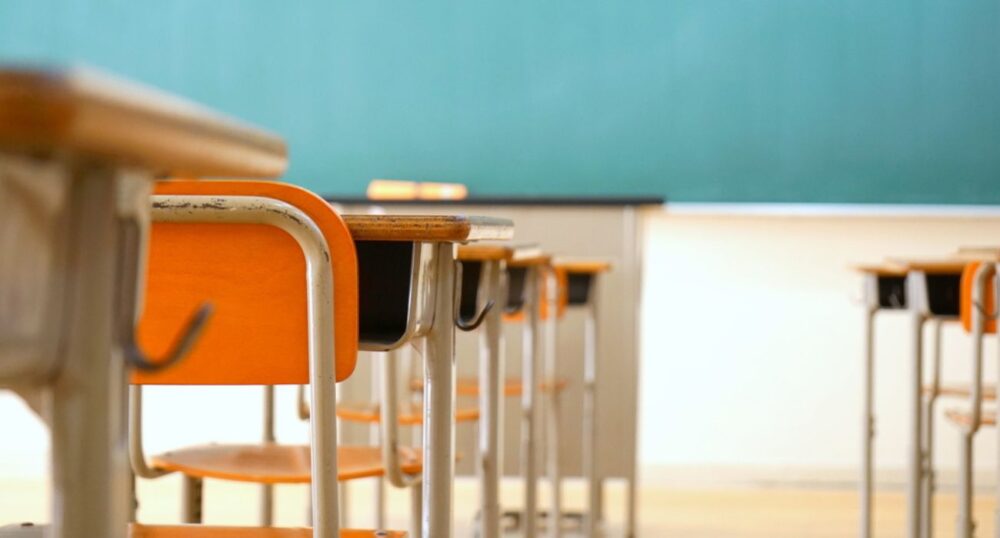As hopes for increased state funding were dashed by the ongoing “school choice” debate, taxpayer-funded schools have begun confronting considerable budget issues.
Budget shortfalls have been projected at many public school districts, with some already considering money-saving ventures ranging from school closures to attendance zone expansions.
This was the case in the Richardson Independent School District, where the board of trustees discussed its looming budget crisis during a meeting on December 14.
Although Superintendent Tabitha Branum insisted that “[t]he sky is not falling in RISD,” the district asked for recommendations from staff and community stakeholders on ways to tighten its belt amid the absence of state funding increases and declining student enrollment figures.
“I want to be as clear as I can be — while we have some difficult decisions and conversations ahead, no employee will lose a job as a result of any possible consolidation,” Branum said in a news release. “Like most districts, we experience staff turnover each year, and if our trustees determine that school consolidations are necessary, then the operating efficiencies realized would be absorbed through our annual attrition.”
Declining student enrollment numbers have caused considerable financial woes for many North Texas school districts, including Fort Worth ISD, which has launched a capacity study to help consolidate its campuses, and Dallas ISD, which has faced accusations of mismanagement of taxpayer funds, as previously covered in The Dallas Express.
Supporters of education savings accounts have argued that taxpayer-funded vouchers are just the overhaul that the state’s education system needs, as James Quintero of the Texas Public Policy Foundation previously told The Dallas Express.
Yet critics of vouchers have suggested that they would divert funds from public institutions and “create another entitlement program,” as Rep. Drew Darby (R-San Angelo) suggested, according to Fox 4 KDFW.
As the issue appears to have reached an impasse among lawmakers, it has delayed any legislative effort to increase school funding — which has remained at a base amount of $6,160 per student since the 2018-2019 school year — until the next legislative session.
“I think, a possibility everyone needs to prepare for is that we don’t see a special session during 2024 and that any increase in school funding would come during the 2025 legislative session, where it may once again be linked to vouchers in whole, or at least in part,” explained Mark Jones, a professor of political science at Rice University, according to Fox 4.
As previously covered in The Dallas Express, the school choice battle is now being waged in the Republican primaries, with Gov. Greg Abbott supporting the challengers of around 16 House Republicans who voted against school choice in the latest special session.
“The biggest losers [in the school choice debate] are the ISDs that are most strapped financially and don’t have the money that they were counting on for the 2023-2024 cycle, as well as the 2024-2025 cycle,” suggested Jones.

